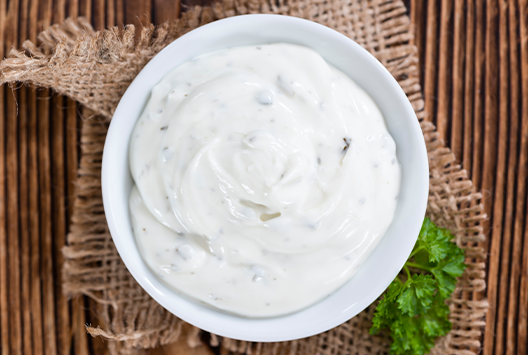
5 Pineapple Juice Benefits You Probably Didn’t Know
Similar
Pineapple is a tropical fruit packed with vitamins, minerals, and other nutrients. Its juice is a refreshing drink that many people around the world love. While most people know that pineapple juice is a good source of vitamin C, there are many other benefits that most people are unaware of. Here are a few of them:
It boosts immunity
Pineapple juice is a great source of Vitamin C, which is essential for boosting the immune system. One cup contains about 80 percent of the recommended daily intake of vitamin C, which helps speed up the production of white blood cells. In turn, these cells fight off infections and diseases. Pineapple juice also contains bromelain, an enzyme effective in reducing the symptoms of respiratory infections such as sinusitis and bronchitis.
It promotes digestion
This refreshing beverage contains bromelain, an enzyme that helps break down digestive system proteins. This enzyme helps promote digestion and reduce inflammation in the gut. It also contains fiber, which helps promote regular bowel movements and prevent constipation. Drinking a glass before each meal can help improve digestion and reduce bloating.
It reduces inflammation
Bromelain doesn't just break down proteins in the digestive system; it's also an enzyme that has anti-inflammatory properties. This enzyme effectively reduces inflammation in the body, especially in the joints. Studies have shown that bromelain can help reduce the symptoms of osteoarthritis and rheumatoid arthritis.
Helps in weight loss
Pineapple pulp (and its juice) is low in calories and fiber, making it an excellent choice for people trying to lose weight. Consuming a glass before a meal can help curb appetite and prevent overeating. Pineapple juice's special enzyme called bromelain is known to effectively break down fats in the body, promoting weight loss and reducing body fat.
Improves skin health
This delicious drink is rich in vitamin C, essential for healthy skin, per Oregon State University. This vitamin helps promote collagen production, which is vital for maintaining skin elasticity and preventing wrinkles. It also contains antioxidants, which help protect the skin from damage caused by free radicals. Also, drinking this juice regularly can help improve skin health and prevent the signs of aging.
In closing
Juice from pineapple is a delicious and healthy drink that offers many benefits for our health. It is a potent source of vitamin C, bromelain, fiber, and antioxidants, all contributing to its health-promoting properties. This versatile drink can improve our overall health and well-being, from boosting immunity and promoting digestion to reducing inflammation and aiding in weight loss.
So the next time you want a refreshing drink, consider reaching for a glass of this beverage to reap its benefits. And make sure to choose a trusted brand like Baladna to ensure you’re sipping on quality.
Baladna is dedicated to delivering genuine, nourishing, and superior dairy products and beverages like pineapple juice. We aim to promote the well-being of our consumers by offering them natural, wholesome, and delectable food and beverage options while also being the most trusted brand for nutritional foods and healthy drinks in Qatar.



